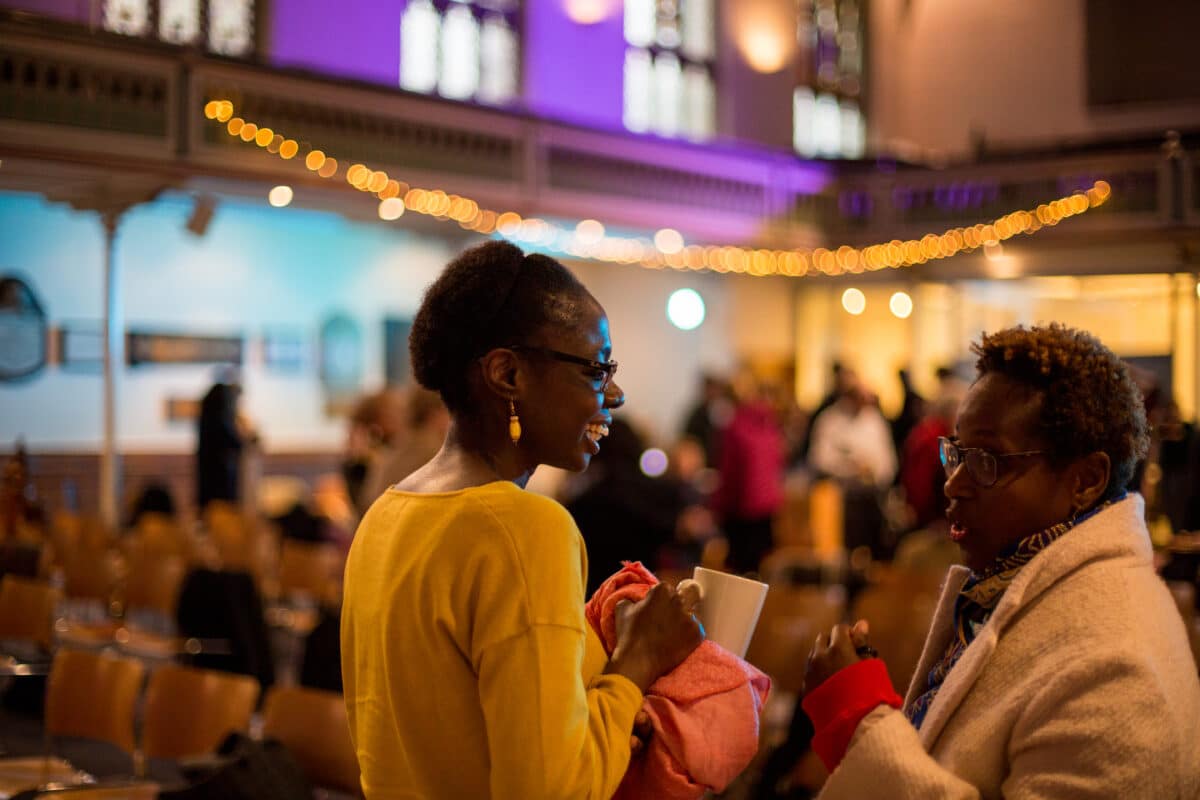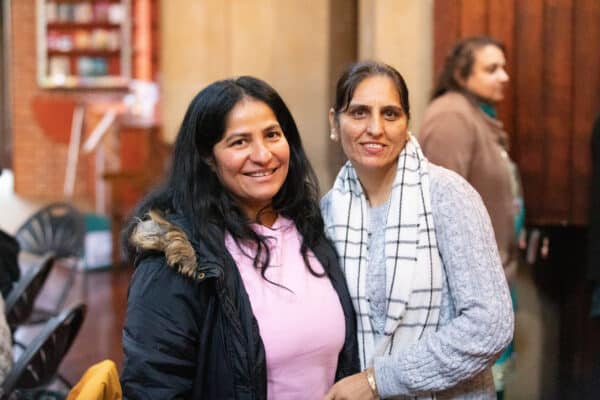‘Therefore go and make disciples of all nations, baptizing them in the name of the Father and of the Son and of the Holy Spirit.’
Matthew 28:19
Part of our diocesan 2030 Vision is for creative growth: to be bold and innovative to reach people where they are at, in ways they can understand.
Our creative growth ambition is being supported by The Gregory Centre for Church Multiplication (CCX), led by the Bishop of Islington, the Rt Revd Dr Ric Thorpe, working in close collaboration with the Area Directors of Mission for each Episcopal Area.
The Creative Growth team aims to help churches do two things:
- Grow in health, depth and impact and reach new people
- Reach new people by starting a new worshipping community





